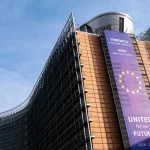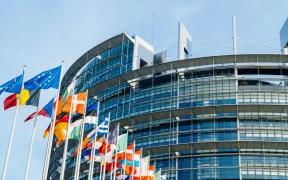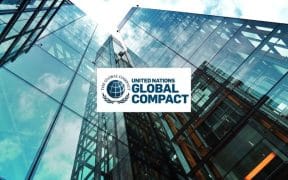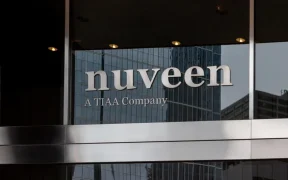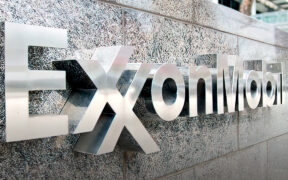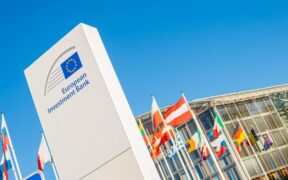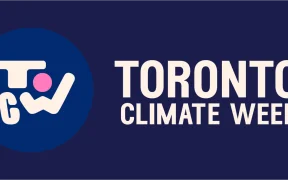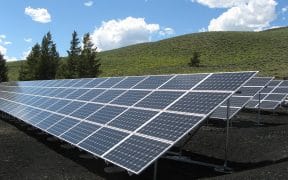Global Taskforce Sets Out Plan to Bridge $4 Trillion Sustainability Finance Gap for SMEs
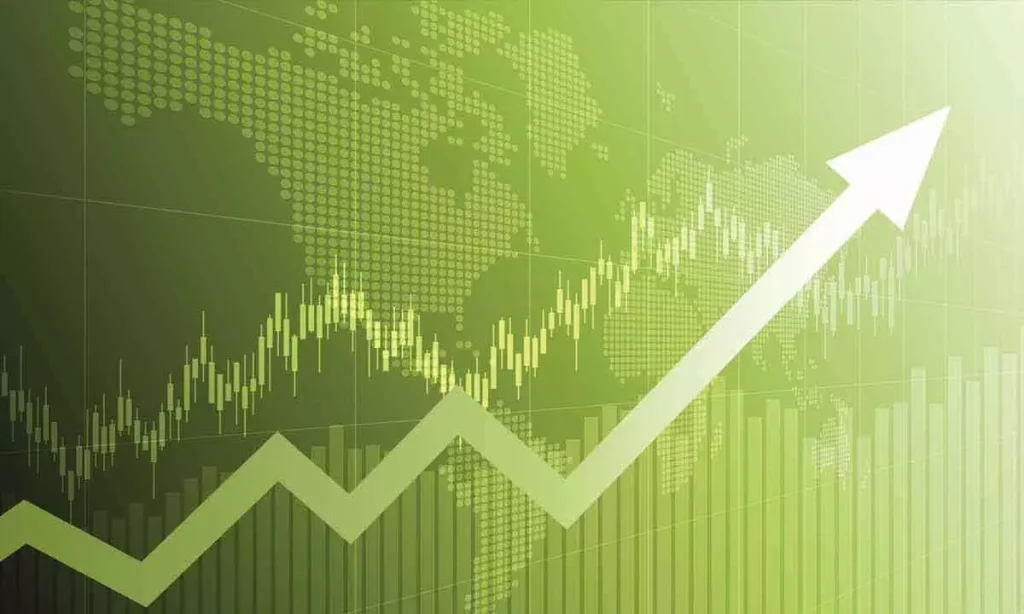
• Less than 10% of climate finance reaches SMEs despite representing over 90% of global businesses.
• The Impact Disclosure Taskforce’s SME Subgroup unveils a Whitepaper at Climate Week NYC offering scalable frameworks to unlock SDG-aligned capital.
• Africa’s emerging “Impact Scale-Up” model positions local innovation as a global testbed for inclusive finance.
SMEs: The Missing Link in Climate and Impact Finance
The SME Subgroup of the Impact Disclosure Taskforce (IDT), a multi-stakeholder initiative supported by Legacy Global Programs, has released a major Whitepaper titled “Scaling Private Company Impact Finance” at the NEST Climate Summit during Climate Week NYC. The publication sets out a global blueprint for bridging the multi-trillion-dollar gap in sustainable financing for small and medium-sized enterprises.
SMEs account for more than 90% of all businesses worldwide and employ over half the global workforce. Yet, according to the OECD, IFC, and Climate Policy Initiative, less than 10% of climate finance reaches them. Despite being central to economic resilience and climate innovation, SMEs remain largely excluded from impact finance due to regulatory complexity, inconsistent disclosure standards, and a lack of tools to measure and communicate impact.
“The world cannot meet its climate and sustainability goals without unleashing the power of SMEs,” said Michele Bongiovanni, Founder and Co-Chair of the SME Subgroup and CEO of HealRWorld, who co-authored the report alongside Seton Hall University’s Stillman School of Business. “Our planet is on fire—literally and economically. Unlocking capital for sustainable SMEs is not optional, it’s urgent.”
A Call to Redesign the Financial Ecosystem
The report highlights the urgency: in 2024, global impact investment flows fell by $33 billion—a 28% year-on-year decline—according to data from Impact City, outpacing the 4% drop in overall venture funding. The gap to achieve the UN Sustainable Development Goals remains above $4 trillion annually, leaving SMEs disproportionately underfunded and underrepresented in climate finance strategies.
Co-Chair Matt Helgeson, former Fortune 500 Chief Sustainability Officer, added: “Empowering sustainable SMEs isn’t charity—it’s one of the most powerful economic and climate resilience strategies available.”
To reverse these trends, the Whitepaper proposes a suite of solutions designed to make SME finance transparent, scalable, and data-driven. Among its recommendations are regional Impact Innovation Labs to incubate and fast-track SMEs into capital pipelines, AI-powered fintech tools to automate impact verification and credit scoring, and disclosure frameworks to help SMEs align with global sustainability standards.
The Data Case for Sustainable SMEs
Analyses by HealRWorld and Federated Hermes challenge long-standing investor assumptions about SME risk. Federated Hermes’ multi-year research shows that companies with strong ESG credentials consistently exhibit tighter credit spreads and higher resilience. The findings reinforce the economic argument for integrating sustainability into SME valuation models, rather than viewing it as a compliance burden.
The report also points to digital innovations such as Mastercard’s Digital Doors® and HealRWorld’s SPEC® and SDID frameworks, which help small firms digitize their sustainability data, enabling fairer comparisons and broader participation in procurement and investment networks.
Africa’s Scale-Up Model: Proof of Concept for Emerging Markets
A core section of the Whitepaper centers on the Africa Impact Scale-Up Program—a regional pilot chaired by Her Excellency Ramatoulaye Diallo NDIAYE, CEO of the Great Green Wall of Africa Foundation. The program aims to build financial inclusion infrastructure that can be replicated across emerging markets by strengthening local banks, mobilizing capital, and fostering SME-led innovation ecosystems.
RELATED ARTICLE: EFRAG Maps Digital Tools to Advance SME Sustainability Reporting
“Africa is not a funding gap—it is a global catalyst,” said Diallo NDIAYE. “When capital meets creativity, Africa leads.”

The initiative represents a critical proof point for the report’s thesis: that inclusive, localized capital structures can accelerate global progress toward the SDGs while offering competitive returns.
Investors Respond to the Call
Global financiers are beginning to take note. “Small and medium-sized startups are essential drivers of innovation, yet they face systemic barriers to capital and equity,” said Ali Diallo, Founder of Aurion Capital. “We must reimagine financing to deliver returns while transforming communities and industries. Joining the IDT SME Subgroup aligns directly with that mission.”

The report distills findings from six focused workstreams—Impact Finance Ecosystems, Sustainable Data & AI, SME Tools & Education, Innovation Labs, Sustainable Fintech, and Impact for Africa—forming a practical roadmap for investors and policymakers.
Toward a More Inclusive Impact Economy
For the C-suite audience, the message is clear: SME inclusion is not a side issue—it’s central to the next phase of sustainable finance. As global frameworks from the EU’s CSRD to the ISSB standards push for granular impact disclosure, private companies and their backers will need tools to demonstrate performance, risk, and contribution at scale.
The Taskforce’s Whitepaper arrives at a pivotal moment when multilateral banks and private investors are being urged to deploy climate finance more equitably. Whether these recommendations can shift entrenched systems remains to be seen—but the groundwork for a more inclusive impact economy has been laid.
In a world where trillions in capital remain locked behind legacy risk perceptions, the message from Climate Week NYC was unambiguous: the global transition will succeed only if small and medium-sized enterprises are finally given a seat at the table.
Follow ESG News on LinkedIn

